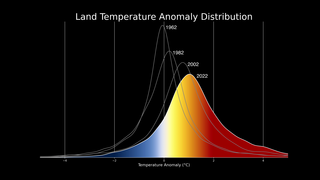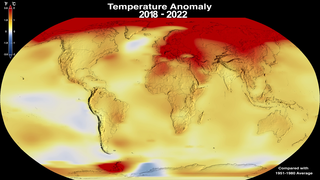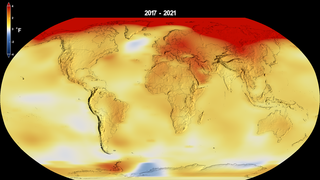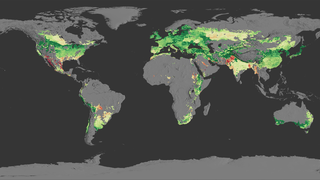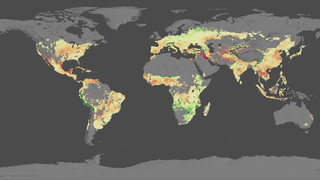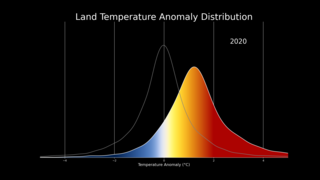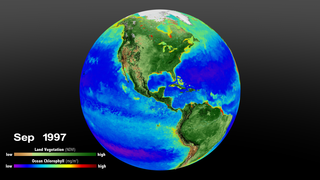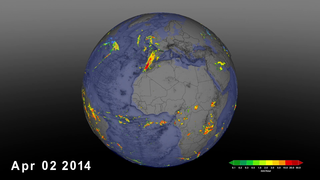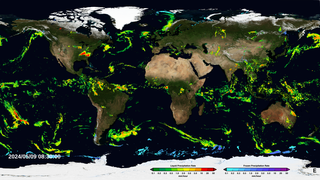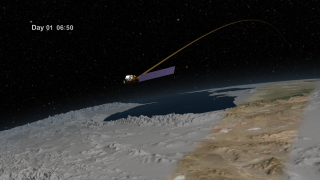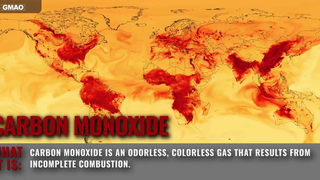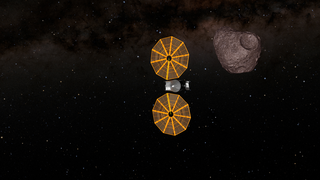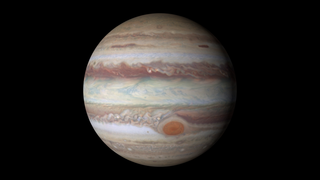Earth
ID: 13979
Average global crop yields for maize, or corn, may see a decrease of 24% by late century, with the declines becoming apparent by 2030, with high greenhouse gas emissions, according to a new NASA study. Wheat, in contrast, may see an uptick in crop yields by about 17%. The change in yields is due to the projected increases in temperature, shifts in rainfall patterns and elevated surface carbon dioxide concentrations due to human-caused greenhouse gas emissions, making it more difficult to grow maize in the tropics and expanding wheat’s growing range.
Climate Change Could Affect Global Agriculture within 10 Years
Source Material
Credits
Kathryn Mersmann (KBR Wyle Services, LLC): Lead Producer
Ellen T. Gray (ADNET Systems, Inc.): Lead Writer
Mark SubbaRao (NASA/GSFC): Lead Visualizer
Jonas Jaegermeyer (Columbia University): Lead Scientist
Alex C. Ruane (NASA/GISS): Scientist
Ellen T. Gray (ADNET Systems, Inc.): Lead Writer
Mark SubbaRao (NASA/GSFC): Lead Visualizer
Jonas Jaegermeyer (Columbia University): Lead Scientist
Alex C. Ruane (NASA/GISS): Scientist
Please give credit for this item to:
NASA's Goddard Space Flight Center
NASA's Goddard Space Flight Center
Short URL to share this page:
https://svs.gsfc.nasa.gov/13979
This item is part of this series:
Narrated Movies
Keywords:
DLESE >> Agricultural science
DLESE >> Atmospheric science
SVS >> Carbon Dioxide
SVS >> Climate
SVS >> Temperature Trend
GCMD >> Earth Science >> Agriculture
GCMD >> Earth Science >> Atmosphere >> Precipitation
SVS >> Climate Change
NASA Science >> Earth
GCMD keywords can be found on the Internet with the following citation: Olsen, L.M., G. Major, K. Shein, J. Scialdone, S. Ritz, T. Stevens, M. Morahan, A. Aleman, R. Vogel, S. Leicester, H. Weir, M. Meaux, S. Grebas, C.Solomon, M. Holland, T. Northcutt, R. A. Restrepo, R. Bilodeau, 2013. NASA/Global Change Master Directory (GCMD) Earth Science Keywords. Version 8.0.0.0.0
https://svs.gsfc.nasa.gov/13979
This item is part of this series:
Narrated Movies
Keywords:
DLESE >> Agricultural science
DLESE >> Atmospheric science
SVS >> Carbon Dioxide
SVS >> Climate
SVS >> Temperature Trend
GCMD >> Earth Science >> Agriculture
GCMD >> Earth Science >> Atmosphere >> Precipitation
SVS >> Climate Change
NASA Science >> Earth
GCMD keywords can be found on the Internet with the following citation: Olsen, L.M., G. Major, K. Shein, J. Scialdone, S. Ritz, T. Stevens, M. Morahan, A. Aleman, R. Vogel, S. Leicester, H. Weir, M. Meaux, S. Grebas, C.Solomon, M. Holland, T. Northcutt, R. A. Restrepo, R. Bilodeau, 2013. NASA/Global Change Master Directory (GCMD) Earth Science Keywords. Version 8.0.0.0.0
